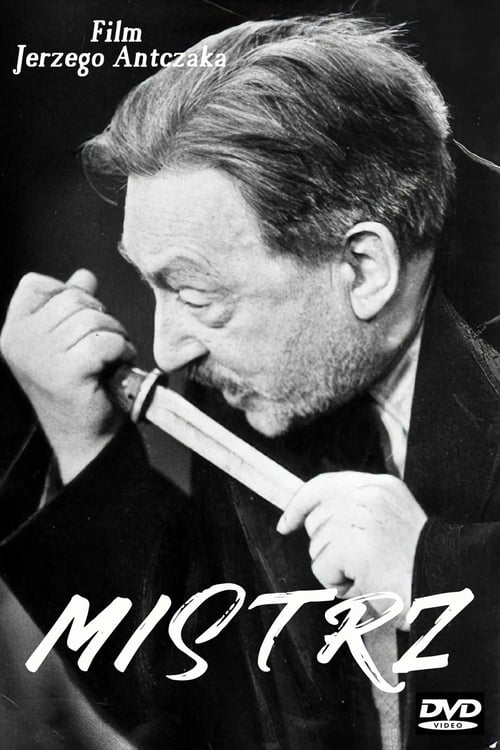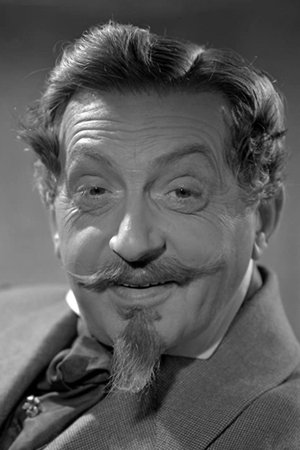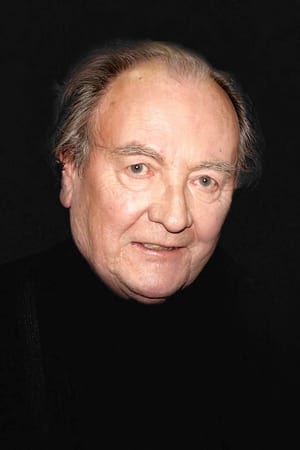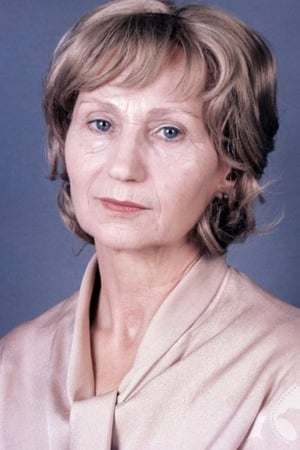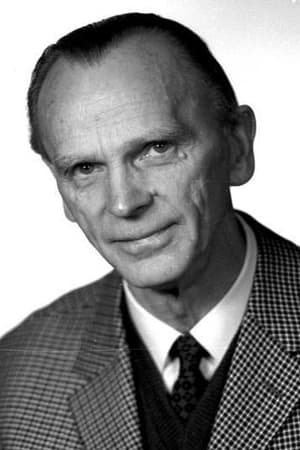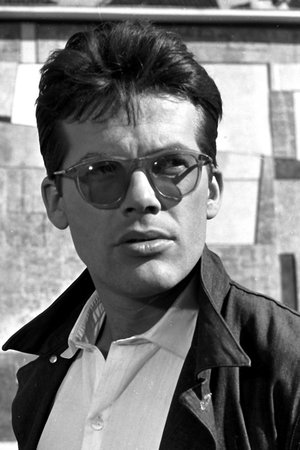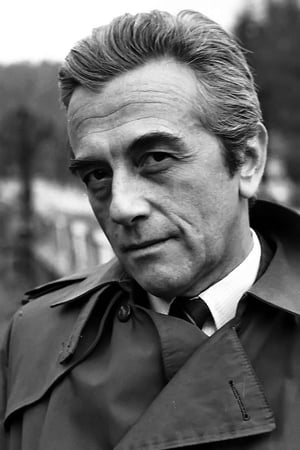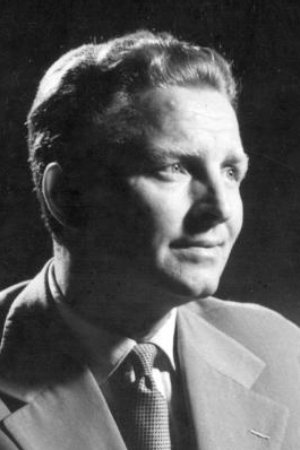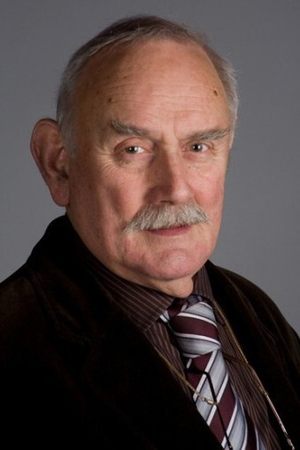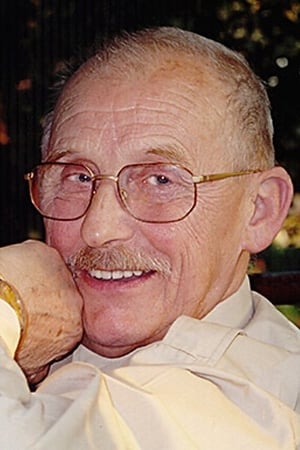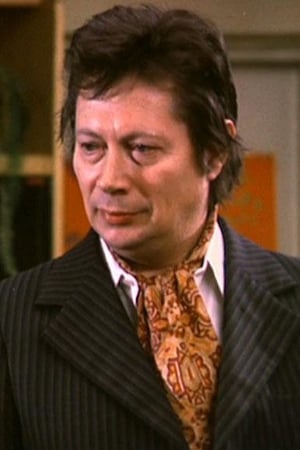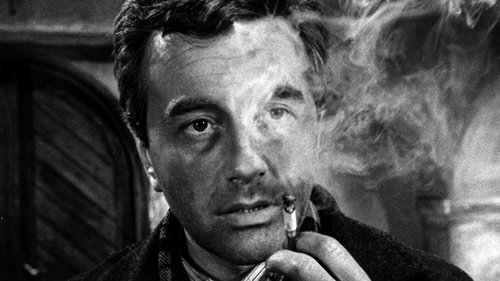
Aqueronte72
8
|
ago. 11, 2024
The terror and suspense of the Gestapo hunt is explored from the curious perspective and remembrance of a young actor hidden with another dozen refugees inside a hospice and public dining room, as part of the intertwined and persistent teaching within the story of another. actor, +himself in the present, debating his role in Macbeth; Avant-garde aspect of crime or psychoanalytic pathology that now subjugates and demands him as a dramatic artist, in flagrant conflict with the stage director? In any case, it is not amusing to the director of the play that his Macbeth, alienated from an unhealthy and ridiculously strange possession, with his eyes exorbitant, empties on the stage speeches that transgress the coherence and unity of Shakespeare's Macbeth; specifically in the fixation of the murderer - which we all know - and which comes from the original work when the obsessive ghost of the dagger corners the soul of the guilty murderer. The despicable episode in which the Gestapa first murdered a stranger outside the hospice, and later bursts in with the troubled crowded people whom they search, ask for papers and bulge against the wall, being especially provocative with the actor Maestro who gave him the teaching and talk about the modern perspective of the interpretation and translation of dramatic works. THE fearful Maestro, faced with the sinister presence of the German officer, recognizes that he was an accountant to complement his role in the theater. The German tears up his papers and asks him to prove that he is an actor. THE Maestyro then plays Macbeth and flawlessly executes the soliloquy on the dagger. Until the Gestapo officer recognizes that he is an actor and anyway they take him under arrest for control. In the end, the director of the play authorizes the actor to play the role he wishes.
